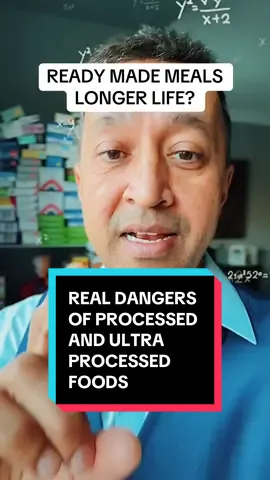ShoeDazzle
Region: US
Wednesday 27 August 2025 17:05:03 GMT
380
2
0
0
Music
Download
Comments
There are no more comments for this video.
To see more videos from user @shoedazzle, please go to the Tikwm
homepage.





